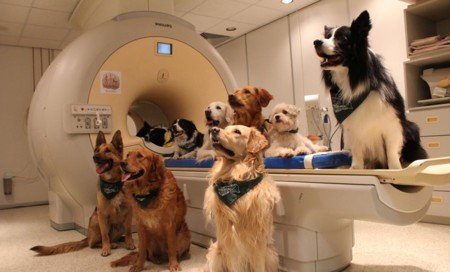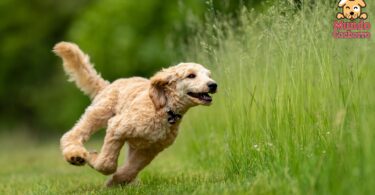Indice
Man’s best friend is an animal full of curiosities and peculiarities that captivate people. But an element that never ceases to amaze, is how a wide diversity of breeds with specific behaviors and physical traits have arisen due to the direct intervention of humans in canine genes.
Something that is not only evident in the external features of the animal, but humans also influenced the brains of dogs; creating through selective breeding brains with modifications that allow the dog to stand out or have deficiencies in specific areas.
Research from the Department of Human Evolutionary Biology at Harvard University.
It is thanks to recent research by Harvard University evolutionary neuroscientist Erin E. Hecht and her team that we have been able to see how much humans have influenced the evolution of dogs and the marked weight of selective breeding in dogs.
The hundreds of dog breeds existing in the world arose mainly from selective breeding; the purpose of which is to obtain certain desired characteristics through crosses that are not randomly produced to create an animal with these elements, whether physical or behavioral. Thus, it is possible to see dog breeds with marked differences, such as Chihuahuas, Poodles, St. Bernards, among others.
During the study, Hecht and colleagues recruited 62 individual domestic dogs in U.S. households, belonging to 33 different breeds. They then performed an MRI scan on each dog, which allowed them to observe their brain structure and how breeding for specific tasks had modified the brain of each breed.
With further analysis, they found that in addition to varying in size and shape, the brains of the dogs studied showed certain regions that varied between breeds of dogs that shared behavioral traits, influenced by the particular history of each breed.
An example of this are the bulldogs, who were initially bred to fight captive bulls, to later be bred as loving pets, which is evident in their brain structure compared to other breeds also belonging to the “sport fighting” groups.
Impact of the study
The study conducted by Harvard University’s Department of Human Evolutionary Biology is the first of its kind, joining many of the studies that seek to take a deeper look at dogs. Neuroscientist Erin E. Hecht hopes that this research will help increase understanding of the individual brain function of each breed, as well as enable future understanding of the particularities of man’s best friend.
Image courtesy of (www.xatakaciencia.com), all rights reserved.








